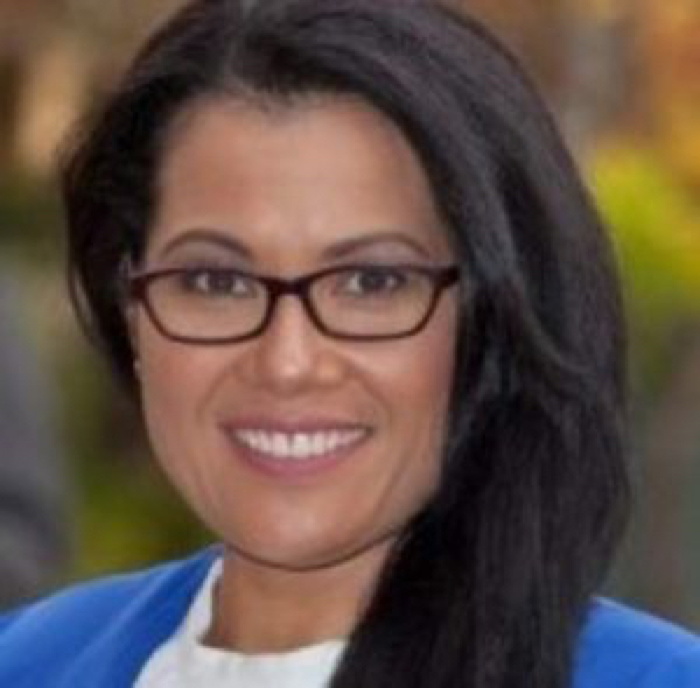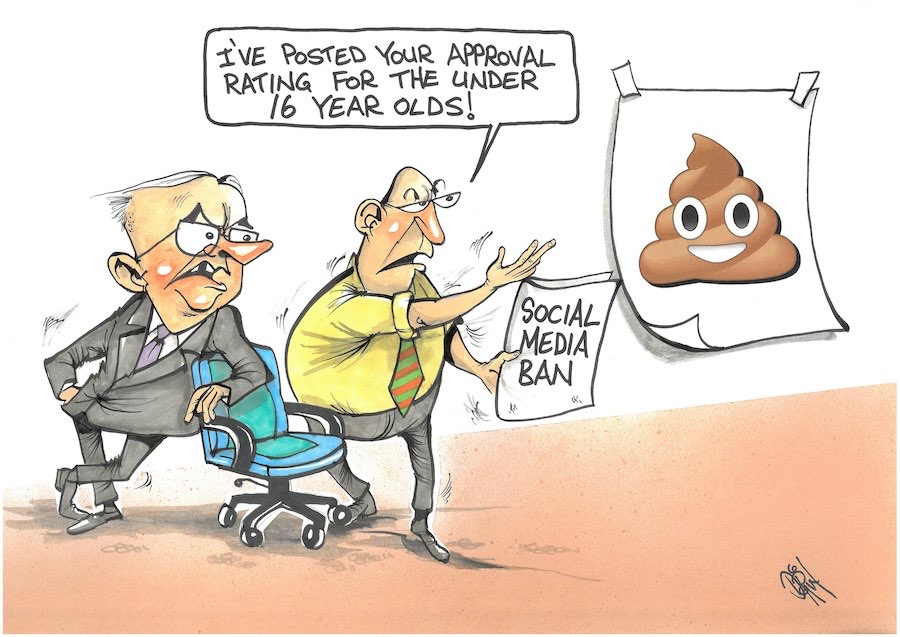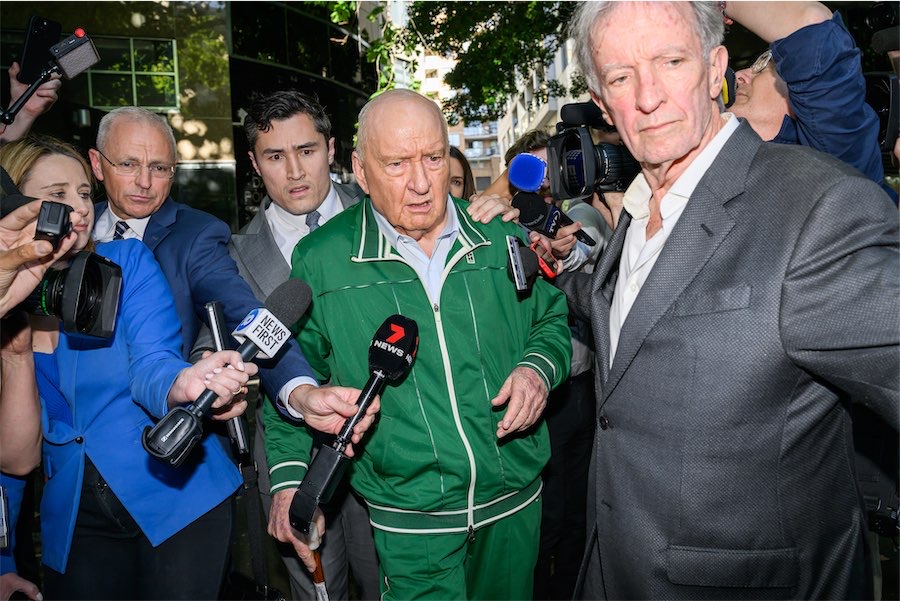“Since 2020, Aboriginal leaders have unsuccessfully asked for an inquiry into the justice and corrections systems. In contrast, when concerns were raised about the handling of the Lehrmann case, an inquiry was announced within days,” says Liberal MLA ELIZABETH KIKKERT.
POST-referendum, many people are asking what should now be done to address the gap between indigenous and non-indigenous Australians?

I say that the ACT government must start listening to existing voices and then take decisive action.
There may be no clearer evidence of this government’s disregard for the voices of Aboriginal and Torres Strait Islander people than its unenthusiastic implementation of recommendations from the Our Booris, Our Way review into child welfare.
As opposition spokesperson for Families and Youth, I have been deeply distressed by this agonisingly slow response.
The all-indigenous steering committee first met in February 2018 and by August that year had delivered an interim report with four early recommendations.
The committee pleaded with the Labor-Greens government to implement those four recommendations immediately “to accelerate improvements to the child protection system so that the community may see change during the review”.
That was five years ago. As reported in the update tabled in the Assembly in May this year, not one of those first four recommendations has been fully implemented.
In fact, the Implementation Oversight Committee accepts that only two of 36 total recommendations have been completed (with one more at the monitoring stage).
Things may finally be starting to improve, according to the committee’s chair, but only after facing down this government’s “ferocious indifference when it came to a commitment to action to implement recommendations”.
The chair has also noted that: “Throughout the review, many attempts were made to diminish our voices and our decisions”.
Acting decisively to implement reforms is as important here in the nation’s capital as it is in regional and remote areas. In my shadow portfolio of Corrections, the gap is in fact the nation’s widest.
The Australian Bureau of Statistics’ latest “Prisoners in Australia” report reveals that indigenous men in the ACT are imprisoned at a rate 19.6 times greater than non-indigenous men, 17.5 times greater if age-standardised data are used. Both measurements are the worst rate ratio in Australia.
Indigenous women in Canberra are locked up at a rate 47.4 times greater than non-indigenous women! This is not just Australia’s worst rate ratio but is more than double the national average.
While the imprisonment of Aboriginal and Torres Strait Islander people has increased everywhere over the past decade, it has increased faster in Canberra than anywhere else. On average, indigenous admissions into the ACT’s prison have grown by 5.7 per cent per year.
Likewise, the Aboriginal and Torres Strait Islander recidivism rate here is the nation’s worst. Fully 94 per cent of indigenous detainees at the Alexander Maconochie Centre have a prior conviction. Lack of required support and services during and after incarceration contributes to this outcome.
Detainees had no access to structured education for two years. Employment opportunities continue to be very limited, as does access to computers and higher education. The long-promised reintegration centre still has not been funded, and the transitional release centre has not yet been used to its full potential. Post-release throughcare is limited and often ineffective.
Since July 2020, local Aboriginal community leaders have repeatedly asked the ACT government for a fully independent board of inquiry into the territory’s justice and corrections systems to identify exactly what is going wrong and why, and to make recommendations. The government response to these united voices has been “no”.
In contrast, when concerns were raised about the handling of the Bruce Lehrmann case in December 2022, an inquiry was announced within days, and by February the government had funded it with $4.3 million. The only possible conclusion is that the inquiry requested by Canberra’s Aboriginal leaders does not hold the same priority for this Labor-Greens government.
That conclusion is supported by the first piece of advice one ACT government office gave to officials before a roundtable with these same indigenous leaders (as revealed in documents I obtained through FOI): “The meeting needs to have modest goals for what will be achieved by government”. The deafening “no” from ACT Labor and the Greens has certainly met that objective!
I thank the strong, united Aboriginal voices that are seeking to guide us forward when it comes to closing the gap in this territory.
Diminishing or disregarding those voices, as the current Labor-Greens government regularly does, is wrongheaded.
Promising to take decisive action when the government’s actual agenda is “modest goals for what will be achieved” serves only to increase cynicism and foster resentment.
Voices lose their value when ignored. The ACT government should commission and fund the board of inquiry that has been requested, should implement all Our Booris, Our Way recommendations as a matter of urgency, and should commit itself to listen more seriously to Aboriginal and Torres Strait Islander voices.
Liberal MLA Elizabeth Kikkert is the opposition spokesperson for Indigenous Affairs.
Who can be trusted?
In a world of spin and confusion, there’s never been a more important time to support independent journalism in Canberra.
If you trust our work online and want to enforce the power of independent voices, I invite you to make a small contribution.
Every dollar of support is invested back into our journalism to help keep citynews.com.au strong and free.
Thank you,
Ian Meikle, editor





Leave a Reply